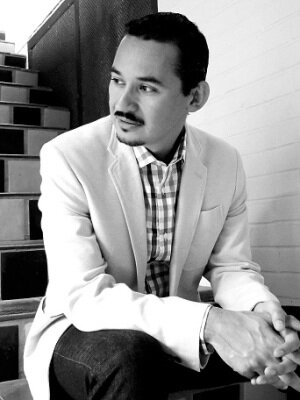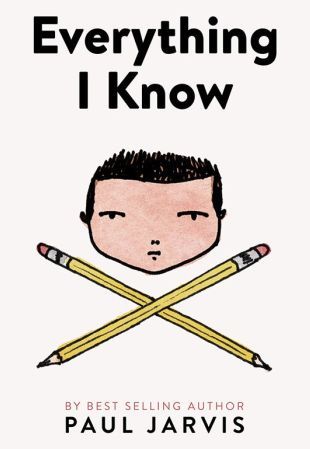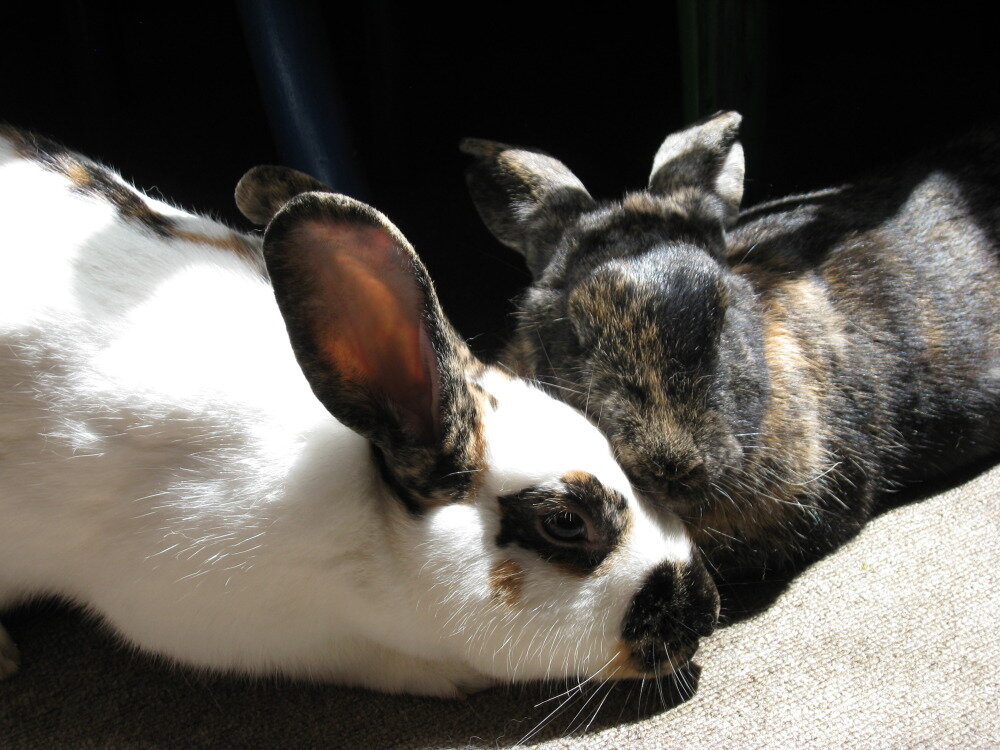
This interview with Tomas is one of three posts on the site that were written for The MFA Project in fall/winter 2015, prior to the start of Primal School.
I had been a distant admirer of Tomás Q. Morín, but the award-winning poet from Texas finally entered my orbit several months ago when he taught me it’s indeed okay to “friend” a writer you admire on Facebook and enter a conversation. With that gesture of kindness a door was opened to the interview below, a treat for all you practicing poets out there. And be sure to check out his poem “Nature Boy” at the Poetry Foundation website. — Hannah
Tell us a little about your MFA experience. Specifically, let’s talk about pros and cons: what are some good reasons to pursue an MFA in creative writing? What are some of the challenges?
I’m a graduate of the MFA program at Texas State University. When I was mulling over whether to pursue an MFA or not I was a first year PhD student in the Hispanic & Italian Studies program at Johns Hopkins. I was spending a lot of time writing poems. A friend encouraged me to write a poet whose work I idolized, a story I recount in an essay in Coming Close: Forty Essays on Philip Levine, and after some reluctance, I did. Levine wrote me back and asked me to send him some poems I had faith in with the promise he would tell me the truth. His response was positive and gave me the courage to jump ship at Hopkins and try to learn everything I could about making poems.
I think if you feel you still have a lot left to learn, and we should all feel that way, then you should get an MFA if you don’t have one. The biggest benefit of one, to me, is that it saves you time. In a good MFA program you can learn in 2-3 years what it might take you 10 to learn on your own. There are exceptions of course, but I think this is generally true. Being in an MFA program is like becoming an apprentice to a cobbler. By the end of your apprenticeship you won’t be a master cobbler that makes the best shoes in the world; rather, it means you know how to make shoes. What you do with those skills and how far you take them is up to you. The same goes for writing stories and poems and what not. One challenge to getting an MFA that I haven’t seen go away is navigating all the self-doubt and anxiety and fear that so many students feel. When a lot of people who all feel like that get in one place for a few years it can create a tough atmosphere for everyone. This is where teachers and mentors and administrations need to step in and be supportive and encouraging.







